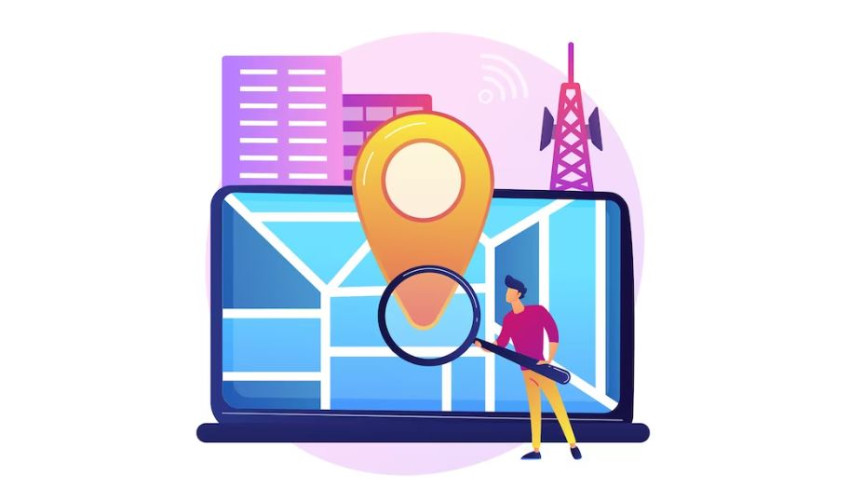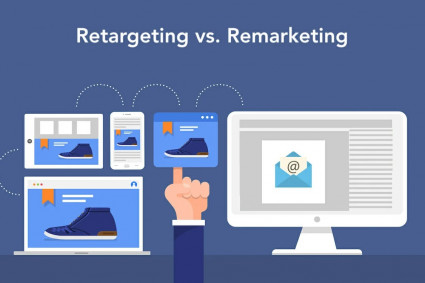
If you're running a local business or handling local SEO for someone, you've likely come across the term' local citations.' They pop up in directories, social media, review sites, and all sorts of places online. No doubt, they play a big role in how locals discover your business – the NAP listing (Name, Address, Phone) guides them to your store or encourages a call.
Now, here's the big question: Do these citations actually boost your ranking in Google Search results?
Let's take a closer look.
What Is NAP?
NAP stands for Name, Address, and Phone Number, and it plays a crucial role in SEO, especially for local searches where search engines aim to understand local intent. Citations are a vital aspect of SEO rankings. NAP data, also known as citations, are scattered across the web, visible when users search and appear on local directory sites.
The top factors determining rankings are tied to the quality, quantity, and consistency of citations.
The Connection Between Local Citations and Google Rankings
So, do local citations impact Google rankings? Well, it's a bit of a "depends" situation.
SEO experts widely acknowledge citations as a significant factor in local rankings, with "Consistency of citations" ranking at #5 in Moz's 2020 industry survey on local ranking factors.
However, the specific aspects of citations that hold the most weight have been a topic of discussion. In a BrightLocal survey, 90% of respondents deemed citation accuracy "very important" to "critical" for local search rankings, with 86% prioritizing citation quality over quantity.
While local citations are recognized as crucial, Google's ranking algorithm is multifaceted, considering factors like website relevance, authority, and trustworthiness. Citations are just one element of this intricate puzzle.
Google advises businesses to enhance their Google My Business (GMB) listing for accuracy and visibility. This involves checking and updating operating hours, adding special hours for holidays, incorporating photos, and verifying location details. According to Google's guidance on improving local rankings, businesses with complete and accurate information are more likely to match the right searches and stand out in local results.
In our verdict, local citations (NAP) may influence Google rankings, although they are just one of many factors considered by Google. While citations contribute to establishing your business's credibility and relevance locally, prioritizing quality over quantity is key. Ensuring consistent and accurate NAP information across all online listings and featuring your business on reputable, authoritative directories can positively impact Google rankings and increase traffic to your business.
What Is The Future Of Local Citations and Google Rankings?
As Google's ranking algorithm undergoes changes, the significance of local citations is expected to adapt accordingly. Yet, one constant remains: local SEO will remain pivotal for businesses aiming to enhance online visibility and attract more website traffic.
Prioritizing the creation of a local business listing, fostering customer reviews, and optimizing your website for local search are effective strategies to boost Google rankings and foster business growth in the long run.
Thinking Of Building Local Citations – Should You DIY Or Bring In The Pros?
Sure, you can tackle it yourself, but let's be real; it's a bit of a time-eater and not the most thrilling task. If you'd rather not go into the citation world solo, consider bringing in the experts, like Citations Check. We're all about making local citation building a breeze. Whether you want to speed things up or take it slow, we've got your back. Think of us as your go-to local citation-building service partner – we've got your citations covered, fast or slow, whatever suits your vibe!
Author Bio:
The author is a local citation-building service provider who offers seamless and budget-friendly citation buildings tailored for general, geographic, and niche-specific needs.






